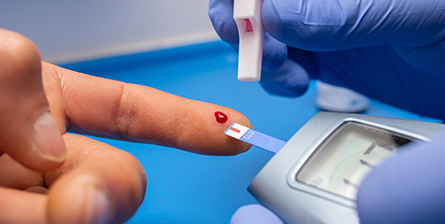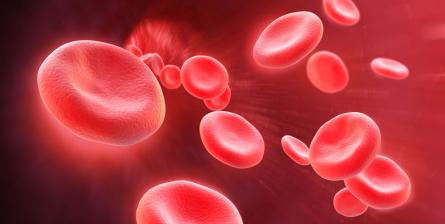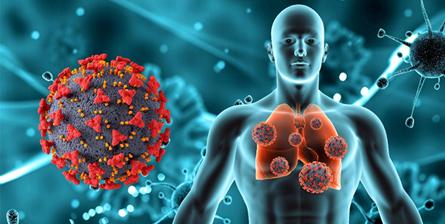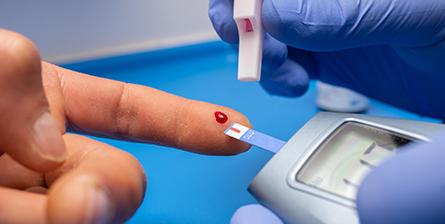Diabetology: A Major Public Health Challenge
Diabetology is a branch of medicine dedicated to the study and treatment of diabetes, a chronic disease that affects the body's ability to regulate blood sugar (glucose). This pathology, which is constantly increasing worldwide, represents a real public health challenge. With millions of people affected, understanding the mechanisms of diabetes and improving treatments are crucial to limiting long-term complications and improving patients' quality of life.
What is Diabetes?
Diabetes is characterized by a blood sugar level that is too high, due to insufficient or improper use of insulin, a hormone produced by the pancreas. There are mainly two types of diabetes:
1. Type 1 Diabetes: It usually occurs in young individuals and is of autoimmune origin. The body attacks the beta cells of the pancreas, responsible for producing insulin. Patients must administer insulin externally to regulate their blood sugar levels.
2. Type 2 Diabetes: More common and often linked to lifestyle factors (diet, sedentary lifestyle), it mainly affects adults, although increasingly younger people are affected. In this case, the body becomes resistant to insulin or does not produce enough of it. There are also less common forms, such as gestational diabetes, which appears during pregnancy, and other rare forms linked to genetic mutations.
There are also less common forms, such as gestational diabetes, which appears during pregnancy, and other rare forms linked to genetic mutations.
Diabetes Complications
If left untreated or poorly managed, diabetes can lead to serious complications. These include:
- Cardiovascular diseases: Diabetic individuals are at an increased risk of heart attack and stroke.
- Diabetic nephropathy: Kidney damage that can lead to kidney failure.
- Diabetic retinopathy: Retinal degeneration, which can lead to blindness.
- Neuropathies: Nerve damage causing pain, numbness, and motor issues, often in the lower limbs, increasing the risk of amputation.
Treatments and Prevention
Managing diabetes involves strict blood sugar control through appropriate treatments and lifestyle changes. Antidiabetic medications, insulin injections, and regular monitoring of glucose levels are key aspects of treatment. However, prevention is crucial, especially for type 2 diabetes. Some preventive measures include:
- Balanced diet: Focus on low-glycemic and fiber-rich foods.
- Regular physical activity: At least 30 minutes of moderate exercise per day.
- Regular monitoring: Routine screenings help detect the disease at an early stage and limit its effects.
Research Progress
Research in diabetology is advancing rapidly. New technologies, such as continuous glucose monitors, make managing diabetes easier on a daily basis. Additionally, work is underway on gene therapy and stem cells to regenerate insulin-producing cells. The development of new drugs also helps better control blood sugar and reduce the risk of complications.
Conclusion
Diabetes, a chronic and complex disease, is a major public health challenge. Advances in diabetology are improving the daily lives of patients, but prevention remains the best weapon against this global epidemic. Adopting healthy lifestyles, early detection, and access to quality care are essential to combating this disease.









